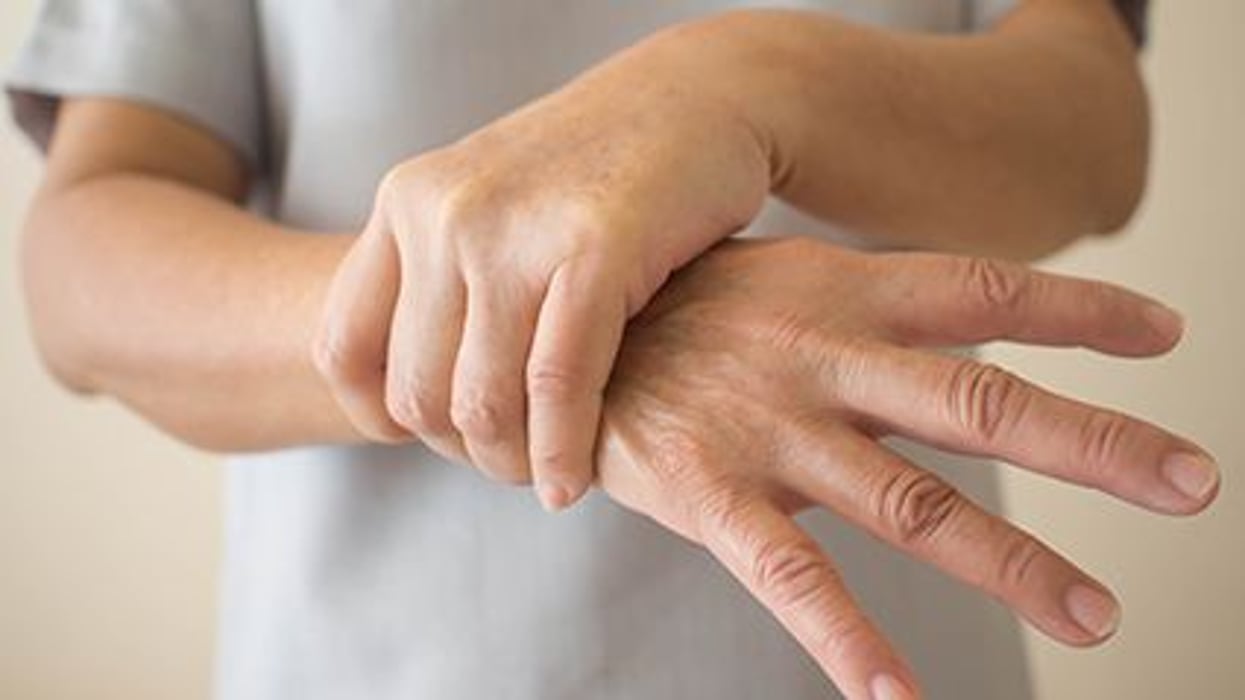Could Gut Bacteria Help Spur Parkinson’s Disease?

THURSDAY, Jan. 19, 2023 (HealthDay News) -- A recent study suggests that Parkinson's disease, in which parts of the brain are progressively damaged over many years, may actually start in the gut.
Nearly 30% of the gut bacteria in patients with Parkinson's disease differed from those without the disease, according to the study from British and U.S. researchers.
Study co-author Ayse Demirkan, a senior lecturer at the University of Surrey, noted that death and impairments due to Parkinson’s are increasing faster than any other neurological disorder worldwide. Diagnosed cases have more than doubled in the past 25 years.
"This is very concerning as there is no known cure," Demirkan said in a university news release. "However, the more we learn about the causes of the disease, the more informed we can be in developing new treatments and, eventually, a cure."
Parkinson's is a brain disorder that can cause uncontrollable movements such as shaking, limb stiffness, and difficulty with balance and coordination.
Previous research had pointed to a possible link between gut bacteria and the disease, Demirkan said, though those studies were small.
This study recruited 490 people with Parkinson’s and 234 neurologically healthy individuals. Each provided a stool sample and information about themselves.
When samples were analyzed, researchers found that bacteria, genes and biological pathways differed by more than 30% in those with Parkinson's compared to those without the movement disorder.
One example was the bacterial species Bifidobacterium dentium, which are known to cause infections such as brain abscesses. They were seven times higher in folks with Parkinson’s, while levels of Roseburia intestinalis, a bacterium is found in healthy colons, were 7.5 times lower. Constipation is a recognized symptom of Parkinson’s disease.
A cluster of bacteria known to cause infections -- Escherichia coli, Klebsiella pneumonia and Klebsiella quasipneumoniae -- were elevated in those with Parkinson's.
"Our current research is not designed to answer whether the bacteria itself is the initial cause of the disease, some may also be a consequence of the disease, or may be even influenced by the genetic makeup of the individual," Demirkan said.
The findings were published in Nature Communications.
More information
The U.S. National Institute on Aging has more on Parkinson’s disease.
SOURCE: University of Surrey, news release, Jan. 16, 2023
Related Posts
Billions Spent on Easing Menopause Symptoms, Study Finds
THURSDAY, April 27, 2023 (HealthDay News) -- Menopause symptoms are costly...
Portable MRI Can Detect Infarcts in Patients With Ischemic Stroke
THURSDAY, April 21, 2022 (HealthDay News) -- Low-field portable magnetic...
La cepa de la ‘gripe porcina’ se ha transmitido cientos de veces entre humanos y cerdos
VIERNES, 28 de julio de 2023 (HealthDay News) -- Es bien sabido que algunos...
Emergency Department Capacity Not Keeping Up With Demand in California
WEDNESDAY, June 28, 2023 (HealthDay News) -- Emergency department capacity in...
